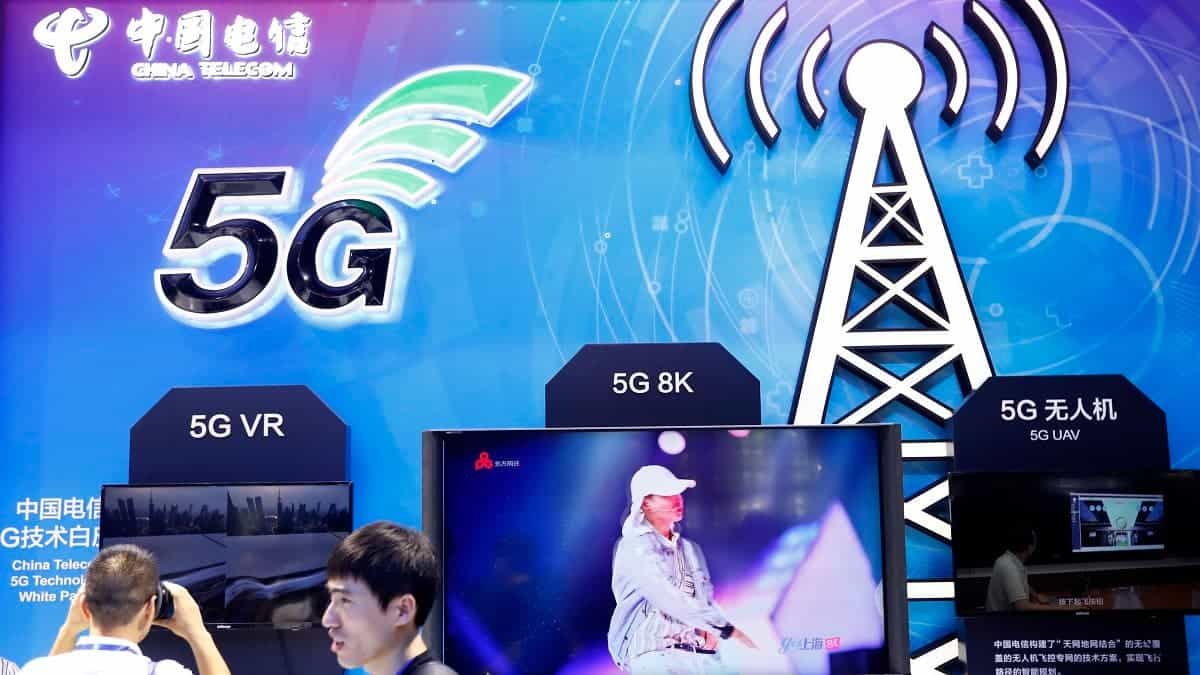When 5G was introduced, it was hailed as a cutting edge technology that would revolutionize mobile connectivity. Gigabit-per-second speeds and low latencies were promised to us. Sales of 5G smartphones demonstrated that users were enthusiastic about the technology enough to upgrade their phones.
However, expectations are far from reality. Speeds are comparable to 4G networks due to poor 5G coverage in the majority of areas. There isn't a mobile app that makes use of gigabit speeds, even if you can obtain them.
The Financial Times now claims that a slowdown in consumer demand for 5G has occurred.
Even in south-east Asian markets, which have rolled out 5G much faster than most European and North American countries, consumer demand for 5G smartphones has just begun to taper off. In the second quarter of this year, there was a 7 per cent drop in shipments of 5G devices, to 24.5mn, according to a recent report by Canalys, a firm that analyses tech markets.
“The hype for 5G has dwindled, and demand has shifted to more practical aspects of smartphones such as battery life, storage, processor speed, and camera quality,” says Chiew Le Xuan, an analyst at Canalys. “Everyone is feeling the pinch and the practical uses of 5G have yet to be seen”. He argues that, in the vast majority of cases, 4G speeds are sufficient for everyday use.
Is 5G worth it? Users are losing interest

Smart phone companies have invested hundreds of billions of dollars in 5G infrastructure and spectrum, and many are now unsure whether their investment will be profitable. Carriers are attempting to recover part of their infrastructure investment. By persuading customers to upgrade to higher rates that give more bandwidth. Because fierce competition has kept the price of fifth-gen devices cheap.
This technique, however, may be jeopardized by the global crisis in living costs. Particularly given that most new items only marginally outperform their predecessors.
Even so, the consumer 5G market should expand across Asia in the coming years. Some of the factors that are causing a slowdown in demand are only temporary. Such as lower consumer confidence against a background of inflation.
The fact that so few operators have implemented the most advanced version of 5G, known as "5G standalone,". Where the network core makes use of cutting-edge technology, may contribute to the issue. More than 200 operators have launched fifth-gen services globally. But only about 30 of them have done so with 5G standalone, according to Omdia research.
Telecom companies are waiting for profit

Operators claim that the major benefit of 5G is the improvements it can provide to businesses. Not the stunning new uses it will bring to consumers. Digital twins are one frequently mentioned application of this type. It's essentially a cloud environment that simulates the real world
Businesses may make wise decisions about how to optimize their workspaces and working practices. By taking massive volumes of data from the actual world and analyzing it quickly. Digital twins have been a concept for a while. But the introduction of 5G is enabling the technology to advance quickly. And its use in industries like manufacturing, ports, and mining is becoming more obvious. However, the majority of projects are still in the test phase.
In private networks, spectrum is essentially offered directly to businesses. So they can run their own independent network, which is another lauded enterprise use for 5G.
The catch is that there is a very real threat that telecoms companies will be cut out of a lot of this business. Several countries, including the US, France, Germany, Japan, South Korea and India, have started making some 5G spectrum available for companies to buy directly from the government, according to Omdia research, and are no longer selling it exclusively to telecoms groups. In some cases this means that companies can simply sign a contract with an equipment vendor to build their own private networks.
The battle is on for telecoms groups, which have poured so much money into 5G, to prove that this time around they are the ones that will profit most from the latest generation of telecoms technology.






Place comments
0 Comments
You are currently seeing only the comments you are notified about, if you want to see all comments from this post, click the button below.
Show all comments